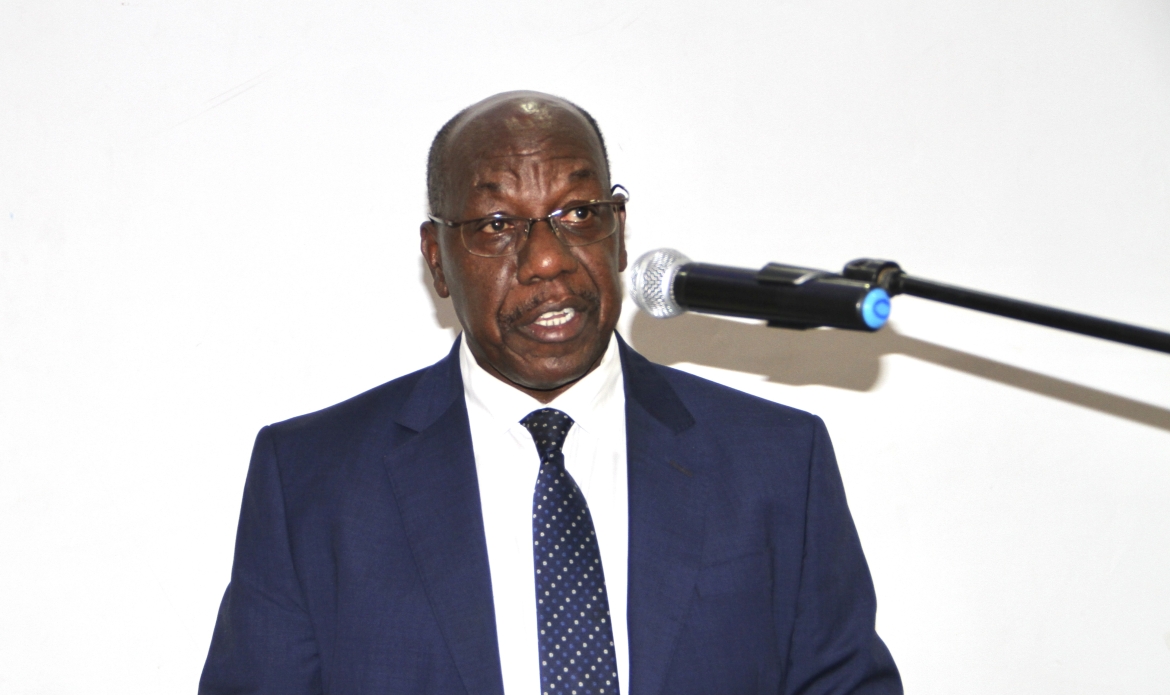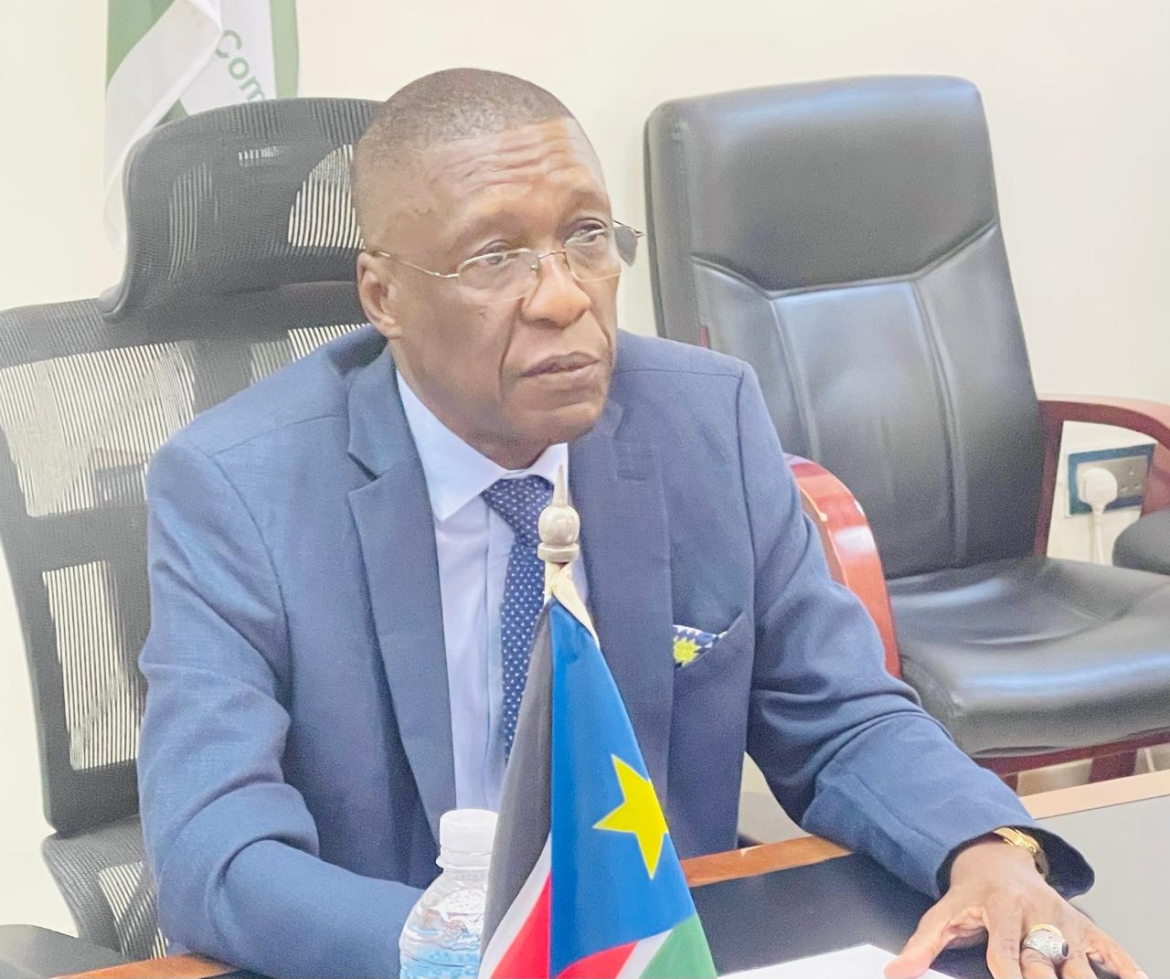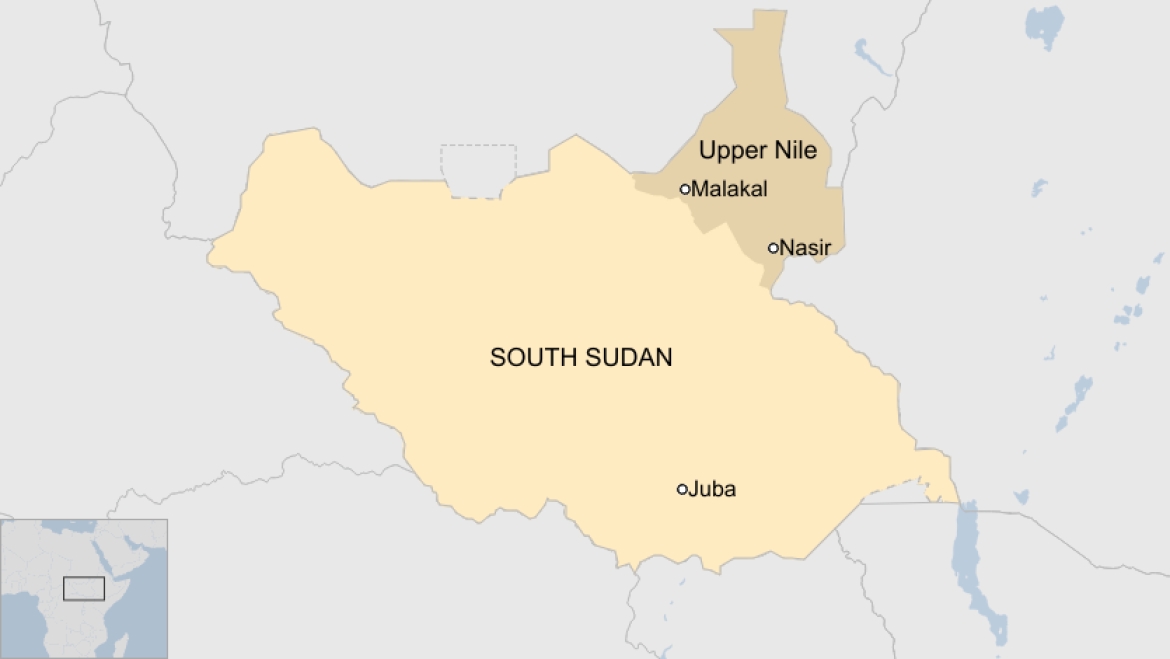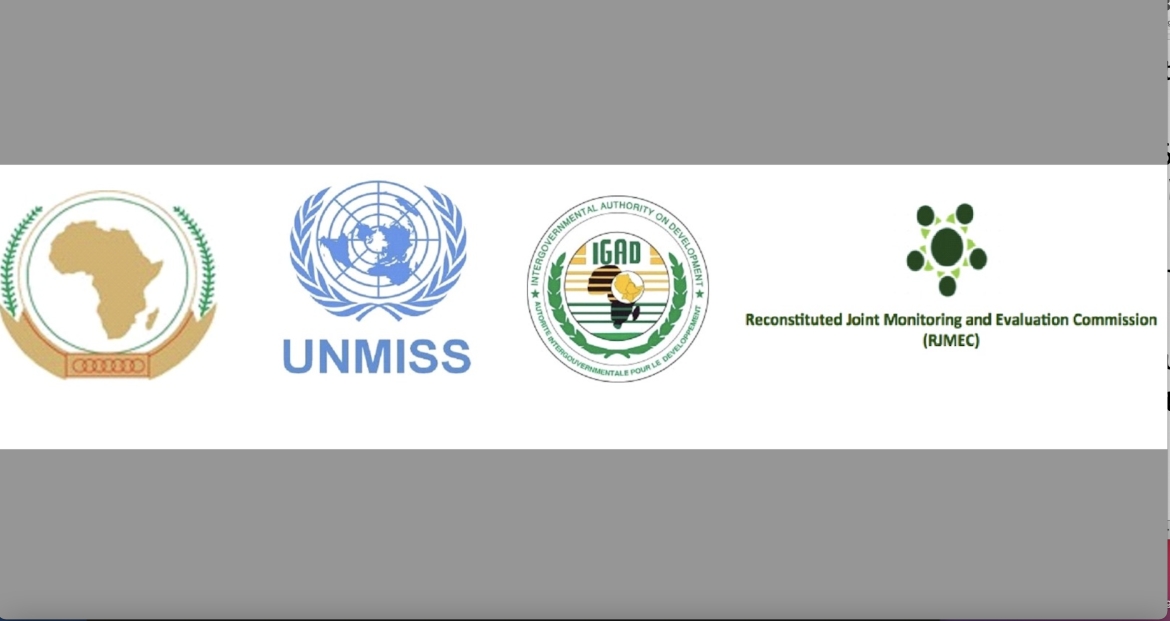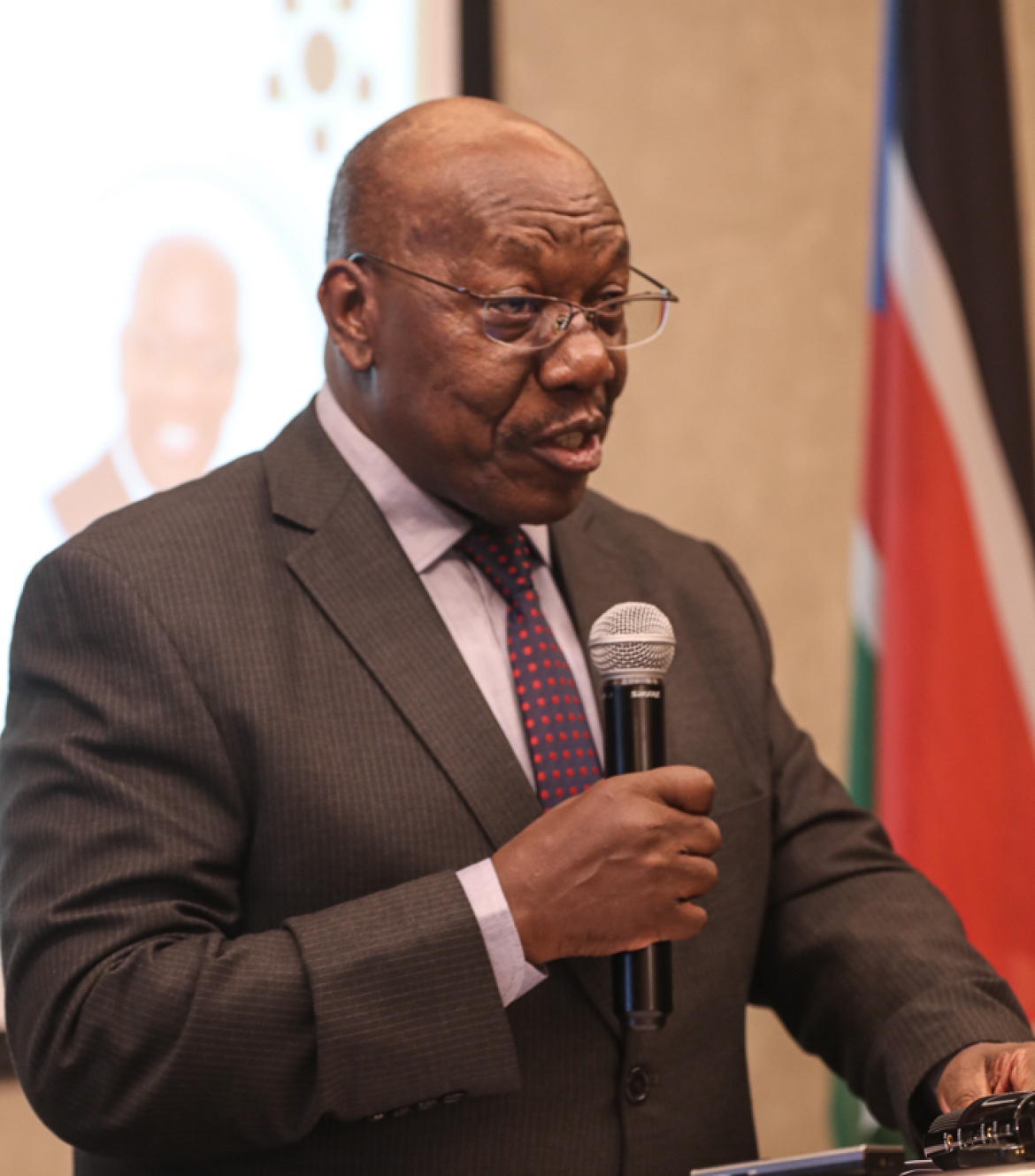4 Years of the RTGoNU: Why the Parties must dialogue, deliver the promise of stable, peaceful, democratic South Sudan
By Amb. Charles Tai Gituai
Today, South Sudan marks four years since the Revitalised Transitional Government of National Unity (RTGoNU) was formed on 22 February 2020 and the Transitional Period began. The Revitalised Agreement on the Resolution of the Conflict in the Republic of South Sudan (R-ARCSS) gives the RTGoNU tremendous responsibility, not least to “implement this Agreement and restore permanent and sustainable peace, security and stability in the country”, as per Article 1.2.2.
Though not without challenges, these four years of inclusive transitional government represent a notable achievement, which if added to the Pre-Transitional Period beginning in September 2018 when the Peace Agreement was signed, mark the longest period of relative peace, inclusivity and stability since independence in 2011.
These are hard-won gains to be consolidated and protected, especially given that the year 2024 in South Sudan is an election year, a critical requirement of the Agreement and one that marks its ultimate success, if conducted in accordance with the requirements of the Agreement. In this regard, the slow pace of implementation of the critical tasks and the limited extent of election preparedness is giving serious cause for concern to RJMEC and the people of South Sudan.
As was made clear in the recent RJMEC plenary of 8 February 2024, ‘the prospects of delivering the country to a democratic dispensation should motivate all of us, the Parties in particular, to redouble efforts to achieve this historic goal smoothly.’ In RJMEC’s assessment, ‘much work needs to be done to create an enabling environment for the conduct of free, fair and credible elections.’However, these tasks are not insurmountable, and the Parties of RTGoNU working collegially can still deliver credible, peaceful, free and fair elections as envisaged in the Agreement at the end of the transitional period.
It is worth looking back at the formation of the RTGoNU in February 2020, which resulted from an act of compromise. The key stumbling block then was regarding the number of states and their boundaries, and in the RJMEC address to the IGAD Council of Ministers which convened on 8 February 2020 to consider the situation in South Sudan, RJMEC identified this as the ‘single most critical obstacle to the formation of the RTGoNU.’ Nonetheless, through commendable acts of leadership which included dialogue, compromise and collegiality, this obstacle was successfully navigated, and a fortnight later, the transitional government was formed, which remains in place today, four years later.
This is one of the many acts of compromise that laid the foundation that enabled South Sudan to reach where it is today. This is consistent with the sentiments the Parties expressed in the Preamble to the Revitalised Peace Agreement, “determined to compensate our people by recommitting ourselves to peace and constitutionalism and not repeat the mistakes of the past.”
As the timelines for elections in December 2024 draw closer, we should therefore be mindful that the Agreement, which legitimises the RTGoNU, expires in one year from now, February 2025. This, therefore, calls for a sense of urgency, concurrent activities, and delivery at speed, in order to complete the critical tasks required for an enabling and conducive environment for credible democratic elections. It is therefore imperative that the three crucial institutions, namely the National Constitutional Review Commission, the National Elections Commission, and the Political Parties Council, are fully resourced and operationalised to enable them to undertake their full mandate immediately.
Implementation of the Transitional Security Arrangements, especially the completion of Phase I and Phase II unification of forces, is moving very slowly and needs to be expedited. The Necessary Unified Forces (NUF) are intended to provide elections-related security, but at present the RTGoNU has deployed only 4000 personnel out of an intended total of 83,000. Disarmament, Demobilisation, and Reintegration (DDR), for those who will not be eligible for unification and ex-combatants, is of great importance for the stabilisation of the country especially in post-election period. Unfortunately, the RTGoNU has not yet funded this institution.
Security is a fundamental requirement, especially for a country going for elections in a post-conflict environment, and so it a serious concern. Many parts of the country have experienced incidents of intercommunal violence so far this year. Naturally, successful and credible elections are peaceful elections, and thus stability is an essential condition, including in the post-election situation. Accordingly, greater effort to address such violence through national, state-level and grassroot peacebuilding mechanisms is necessary and more deliberate efforts are required in this area. In this regard, the renewed peace process between the RTGoNU and the hold out groups, to be conducted with facilitation by Kenya, following the request by H.E. President Salva Kiir Mayardit to H.E. William Samoei Ruto, President of the Republic of Kenya, is welcome. It is hoped that this new initiative will take the process forward.
In terms of humanitarian affairs, it is disheartening that the humanitarian situation continues to worsen, compounded by the influx of refugees and returnees fleeing the conflict in Sudan. The scale of need in South Sudan is already high, service delivery is low, and the little resources available are very stretched. At the same time, voter registration is an essential factor for elections. A pressing but unanswered question is, how are South Sudanese people outside the country, or displaced internally, expected to participate in elections?
The four years of the RTGoNU has witnessed some legal and institutional reforms, including in the area of resource, economic and financial management. There is no doubt that more work remains to be done, but the legal and policy frameworks established by the RTGoNU will continue to enhance transparency and accountability in economic and financial sectors even after elections.
The conduct of transitional justice, which involves truth-seeking, forgiveness, accountability, reparation, and healing, requires the establishment and operationalisation of the Commission for Truth, Reconciliation and Healing and the Compensation and Reparation Authority. These are still pending, and this remains a cause for concern. RJMEC urges the RTGoNU to expedite this process to help promote forgiveness and social cohesion ahead of elections.
Lastly, the making of a people-owned and people-led constitution, the provisions of which will guide the conduct of elections, is a cardinal promise of the R-ARCSS to the people of South Sudan to determine their future after the transition is completed. The new constitution is expected to establish a new social contract between the people and their government. It is essential for the Parties to honour this solemn promise, by expediting the constitution-making process, and by adequately facilitating the reconstituted National Constitutional Review Commission to enable it to deliver its mandate.
RJMEC encourages further dialogue, collegiality, compromise and consensus-building among the Parties, their principals, and the stakeholders to agree on concrete plans and strategy towards the conduct of elections in a timely manner. It is important to realise that clear commitment of the Parties and unity of purpose is signalled by regular meetings of the Principals and Parties to the Agreement, consultations, collegiality and consensus-building, and the availing of the requisite resources and logistics to fully operationalise the institutions which drive forward all the tasks outlined above that are needed for elections. Furthermore, commitment is also signalled by the protection and expansion of political and civic space, thereby facilitating the inclusion of all stakeholders, particularly women and young people in all political processes, and adherence to the 35% minimum threshold for women’s representation in all mechanisms in accordance with the Agreement.
Given the aforementioned, it is incumbent on the Parties to the RTGoNU, who have guided the country this far, recalling the sacrifices made, to play their role in ensuring that this journey is completed as stated in the Preamble: “lay the foundation for a united, peaceful and prosperous society based on justice, equality, respect for human rights and the rule of law.” The R-ARCSS is in essence a blueprint for a stable and prosperous South Sudan. It is important to note that it is a transformative document across all sectors of society, the success of which needs political will, pragmatism, trust and confidence-building, inclusivity and magnanimity. Herein lies the letter and the spirit of the Agreement, and RJMEC urges all Parties to be mindful of their solemn obligation to deliver as one, and thereby avoiding the mistakes of the past.
God Bless South Sudan.
The author is the Interim Chairperson of the Reconstituted Joint Monitoring and Evaluation Commission (RJMEC)


